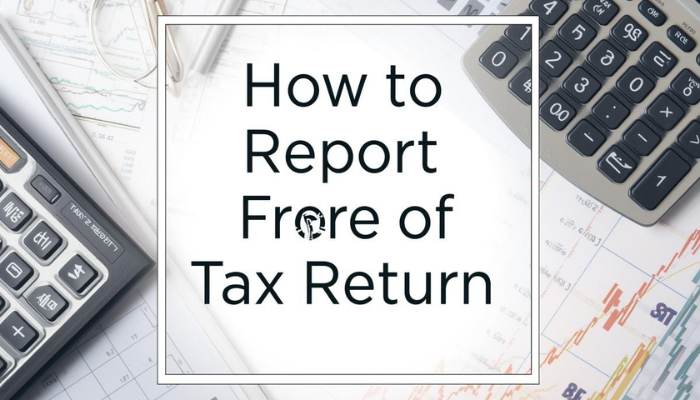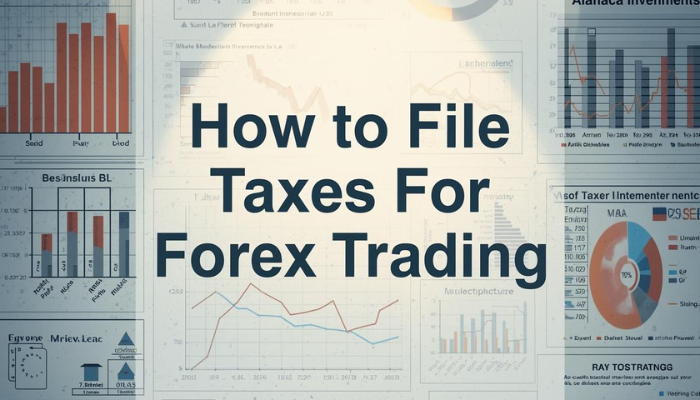
Are Financial Advisor Fees Tax Deductible?
The marathon of achieving sky-high limits of financial backup for your prospective generations is a never-ending game and this race must have compelled you to contemplate the fact ‘Are financial advisor fees tax deductible?’ because financial stability is one of the key components to life sustainability that leads to upgrading your lifestyles over time. Joining hands with trusted financial advisors facilitates you with excogitation and improvisation of budgeting, saving, investing, and retirement planning.
‘Are advisor fees tax deductible?’ is another matter that might be striking your mind. In reality, the laws of taxation are subject to various amendments every year. It means the amount deducted as tax in this year might become tax-free in the successive year, and vice versa. Therefore, the tax laws are ever-changing which does leave a great impact on the deduction of the tax fees of financial advisors. An honest and humble suggestion is on your way; if you’re an investor, it’s a good bet to benefit yourself with every available deduction to save you on taxes.
Understand: Are Financial Advisor Fees Tax Deductible?
According to the Tax Cuts and Jobs Act (TCJA) of 2017, the regulation for the deduction of tax fees for financial advisors has been eliminated; and the act was decided to come into effect from 2018 to 2025.
Before the implementation of TCJA, the minimization of taxable income was allowed by claiming a deduction for miscellaneous itemized deductions which typically include the paid amounts for state and local income or sales tax, real estate taxes, personal property taxes, mortgage interest, and disaster losses.
How to Overcome a Tax Break?
To accomplish this tax break, taxpayers ought to demonstrate miscellaneous itemized deductions to be more than 2% of their annual adjustable gross income (AGI).

For instance, if your AGI was $200,000 in the year 2017, the fee deduction of a financial advisor and other expenses relevant to the investment needed to be more than $4000. If you paid $6000 to your advisor, $2000 of that fee would have been eligible for deduction.
Are There Any Hidden Deductible Charges by the Investors?
It is an obvious fact that investors are always looking for ways to save themselves from taxes and puzzled over ‘Are Financial Advisors Fees Tax Deductible?’ For this purpose, certain strategies are implemented even after the elimination of current tax legislation made on previously deductible investment expenses.
1. Investment Interest Expense
The amount of interest can be deducted from the money that you borrow to purchase assets, such as margin interest while buying securities; that amount is said to be an investment interest expense deduction. However, the implementation of specific limitations is necessary to regulate the laws.
For instance, investment interest expense deduction is subject to the extent of your net investment income. Any excess that was not allowed in the previous year shall be carried forward in the upcoming years until your net investment income is recognized.
2. Capital Losses
Capital losses can turn out to be beneficial in fluctuating times in case you find your investments falling because market trends are always unpredictable while investing. From the ordinary income, a yearly deduction of $3000 is allowed via the Internal Revenue Service (IRS). If you’re married and filing separately, the amount is reduced up to $1500.
Additional amounts are carried forward to the following years against ordinary income until it is gone. Another scenario could be beneficial if a capital loss carryforward deduction is brought to offset the capital gains in the prospective years.
Tax Strategies For Investing
Since Tax advisors, accountants or specialists’ fees are no more deductible until 2025, the following strategies will help you figure out the solution to ‘Are financial advisor fees tax deductible?’ and to keep your tax bill as low as possible to reduce the tax liability that adds more amount your business aiming to generate maximum revenue
- Utilization of tax-advantaged accounts, such as a traditional IRA
- Enhancing the annual contribution limits to those accounts
- Plan to invest in real estate to yield depreciation benefits and other tax breaks
- Holding assets for more than a year to benefit more from the favorable capital gains tax rate
Notable Transitions After TCJA 2017
After the TCJA 2017, notable transitions and improvements were brought to taxations that eradicated most of the itemized deductions including the expenditure corresponding to the investment plans. Investors can no longer deduct any costs associated with producing investment income, including:
- Trustee fees
- Accounting costs
- Fees for a financial advisor
- Rental fees for a safe deposit box
- Fees for legal counsel and tax advice
- Brokers or custodial fees paid to Individual Retirement Accounts (IRA) and other investment accounts
After 2025, it is possible that these changes might revert to allow for deductibility or may also be renewed as a fresh start.
Can You Deduct Financial Advisor Fees From Your Taxes?
Does Your Tax Deduct Financial Advisor Fees for 2018-2025? Unfortunately, The Tax Cuts and Jobs Act has discontinued the deductibility of financial advisor fees between 2018 and 2025.
Before the Act, financial advisor fees could be deducted as miscellaneous itemized deductions on Schedule A if they exceeded 2% of adjusted gross income (AGI) during 2017 and prior tax years.
Assuming your Adjusted Gross Income was $150,000 for 2017, any fees exceeding 2% of this AGI could be deducted as miscellaneous itemized deductions on your tax return – meaning if you paid $4,000 worth of fees during 2017, $1000 of them are tax deductible!
Conclusion
While financial advisor fees are not tax deductible anymore, it doesn’t mean that they’ll stay the same after the expiration of TJCA 2017 – 2025. Being an investor, it is mandatory to stay updated and attentive towards the modifications in the tax codes that facilitates you with the opportunities to look for answers to queries such as ‘Are financial advisor fees tax deductible?’. Don’t hesitate to reach out to a reliable team of professionals who are at your service for the management of taxation liability.
Read More: How to Become a Tax Advisor?


